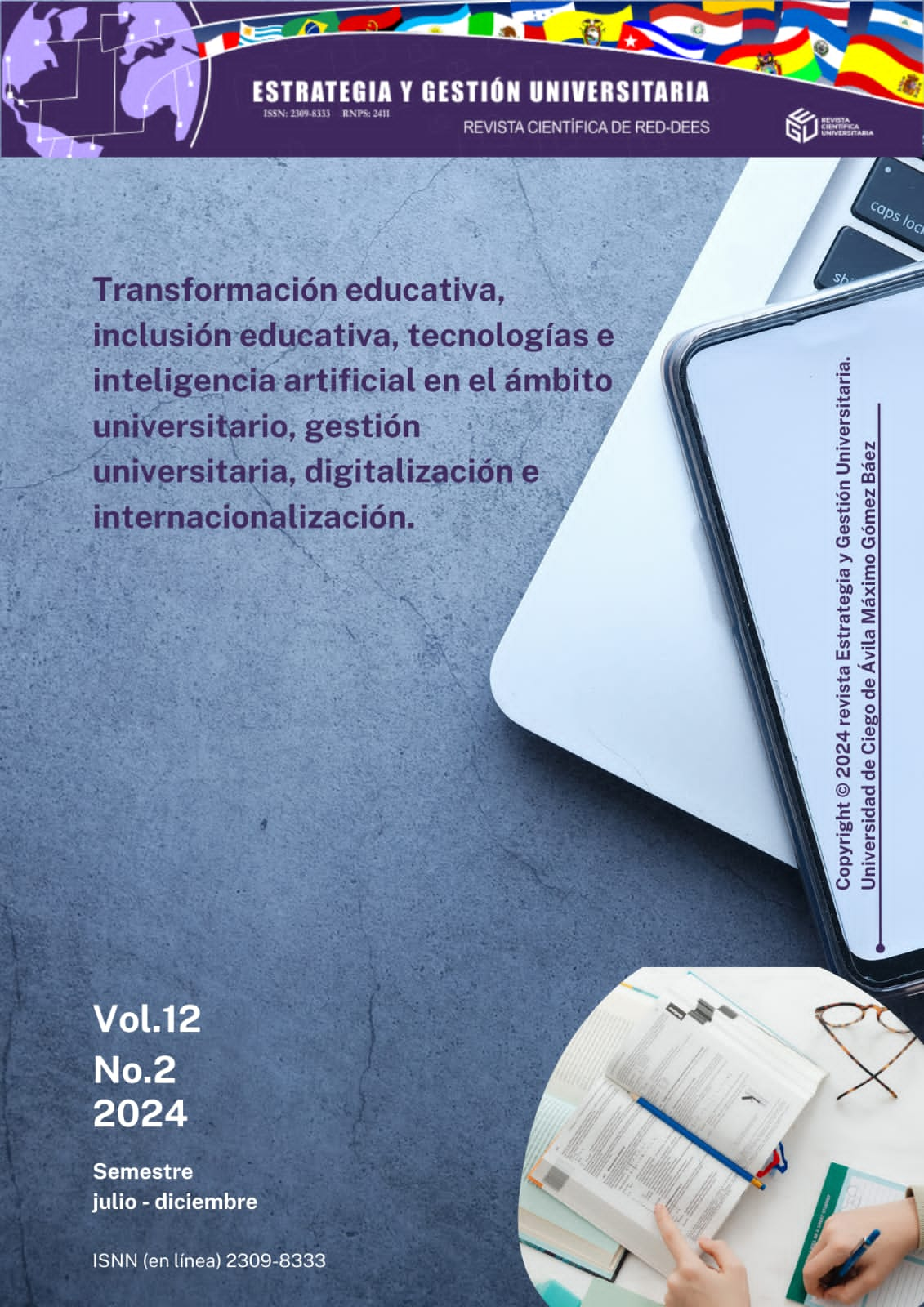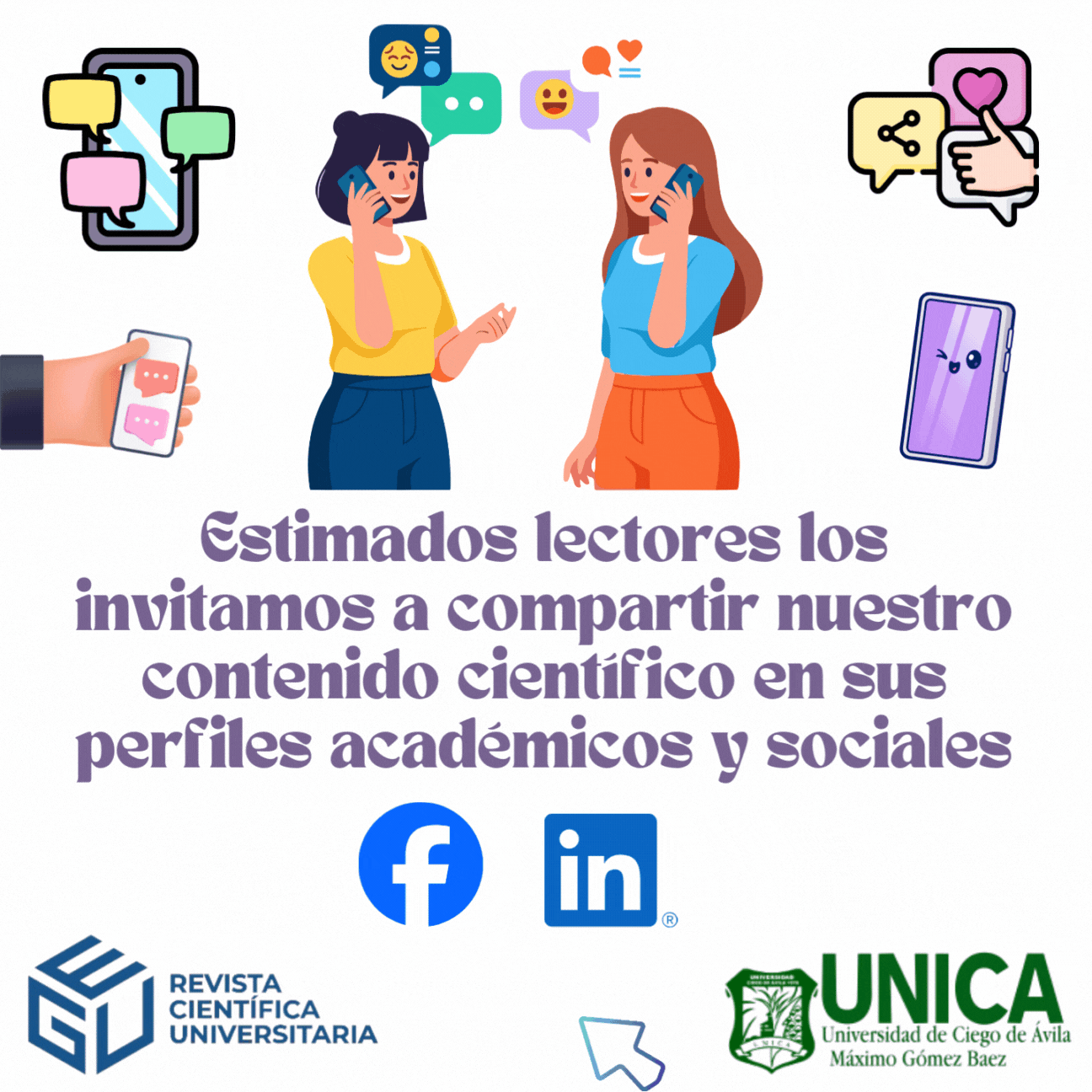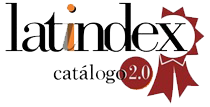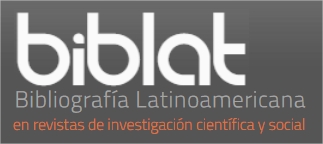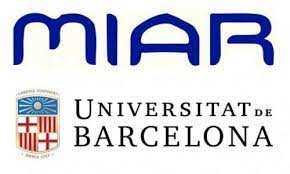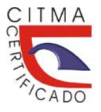Acquiring crucial competencies for sustainability: preparing for the green transition
DOI:
https://doi.org/10.5281/zenodo.13119622%20%20%20%20%20%20%20%20%20%20%20%20%20%20%20%20%20%20%20%20%20%20%20%20%20%20Keywords:
skills, digitalization, adaptation, sustainabilityAbstract
Introduction: life skills are fundamental for the success of any individual, whether in the workplace or social sphere. Objective: to analyze what these skills are, based on the most recognized definition, which emphasizes the need for emerging skills such as digital and soft skills, as well as their relevance for personal competitiveness, especially in the context of the digitized society in which we live. Methodology: this work was carried out by analyzing various sources of information on the Internet about the topic of vital skills, focusing on the new skills necessary for competitiveness within the green economy revolution towards which the planet is heading. Results: the low acquisition of these skills by graduates is also highlighted. Conclusion: this preliminary analysis leads to the exploration of other skills, some less known or mentioned, that could help us adapt to the growing environmental pressure we face, caused by the rampant pollution of land, seas, and air generated by our consumption and production practices. In our opinion, these will be the truly crucial skills for life in the coming decades.
Downloads
References
Aldieri, L., & Vinci, C. P. (2018). Green Economy and Sustainable Development: The Economic Impact of Innovation on Employment. Sustainability, 10(10), 3541. https://doi.org/10.3390/su10103541
Almeida, C., Azevedo, J., Gregório, M. J., Barros, R., Severo, M., & Padrão, P. (2021). Parental practices, preferences, skills and attitudes on food consumption of pre-school children: Results from Nutriscience Project. PLOS ONE, 16(5), e0251620. https://doi.org/10.1371/journal.pone.0251620
Alvarez-Meaza, I., Pikatza-Gorrotxategi, N., & Rio-Belver, R. M. (2020). Sustainable Business Model Based on Open Innovation: Case Study of Iberdrola. Sustainability, 12(24), 10645. https://doi.org/10.3390/su122410645
Anderson, C. C., Denich, M., Warchold, A., Kropp, J. P., & Pradhan, P. (2022). A systems model of SDG target influence on the 2030 Agenda for Sustainable Development. Sustainability Science, 17(4), 1459–1472. https://doi.org/10.1007/s11625-021-01040-8
Breyer, C. (2021). Low-cost solar power enables a sustainable energy industry system. Proceedings of the National Academy of Sciences, 118(49). https://doi.org/10.1073/pnas.2116940118
Brundiers, K., Barth, M., Cebrián, G., Cohen, M., Diaz, L., Doucette-Remington, S., Dripps, W., Habron, G., Harré, N., Jarchow, M., Losch, K., Michel, J., Mochizuki, Y., Rieckmann, M., Parnell, R., Walker, P., & Zint, M. (2021). Key competencies in sustainability in higher education—toward an agreed-upon reference framework. Sustainability Science, 16(1), 13–29. https://doi.org/10.1007/s11625-020-00838-2
Cavallo, E., Hoffmann, B., & Noy, I. (2023). Disasters and Climate Change in Latin America and the Caribbean: An Introduction to the Special Issue. Economics of Disasters and Climate Change, 7(2), 135–145. https://doi.org/10.1007/s41885-023-00132-2
Chavarría, E. F. (2023). Del enfoque por competencias a las competencias para la vida y el trabajo. Revista Académica SIC, 2(2), 9–14. https://revsicfundepos.org/index.php/revistasic/article/view/34
Claar, D. C., Starko, S., Tietjen, K. L., Epstein, H. E., Cunning, R., Cobb, K. M., Baker, A. C., Gates, R. D., & Baum, J. K. (2020). Dynamic symbioses reveal pathways to coral survival through prolonged heatwaves. Nature Communications, 11(1), 6097. https://doi.org/10.1038/s41467-020-19169-y
Eckert, E., & Kovalevska, O. (2021). Sustainability in the European Union: Analyzing the Discourse of the European Green Deal. Journal of Risk and Financial Management, 14(2), 80. https://doi.org/10.3390/jrfm14020080
Ellis, B. J., Abrams, L. S., Masten, A. S., Sternberg, R. J., Tottenham, N., & Frankenhuis, W. E. (2022). Hidden talents in harsh environments. Development and Psychopathology, 34(1), 95–113. https://doi.org/10.1017/S0954579420000887
García-Pérez, L., García-Garnica, M., & Olmedo-Moreno, E. M. (2021). Skills for a working future: How to bring about professional success from the educational setting. Education sciences, 11(1), 27. https://doi.org/10.3390/educsci11010027
Geronikolos, I., & Potoglou, D. (2021). An exploration of electriccar mobility in Greece: stakeholders’ perspective. Case Studies on Transport Policy, 9(2), 906–912. https://doi.org/10.1016/j.cstp.2021.04.010
González-Salamanca, J. C., Agudelo, O. L., & Salinas, J. (2020). Key Competences, Education for Sustainable Development and Strategies for the Development of 21st Century Skills. A Systematic Literature Review. Sustainability, 12(24), 10366. https://doi.org/10.3390/su122410366
Grazziotin, L. S., Klaus, V., & Pereira, A. P. M. (2022). Documentary historical analysis and bibliographic research: study subjects and methodology. Pro-Posições, 33. https://doi.org/10.1590/1980-6248-2020-0141en
Kaczan, D. J., & Orgill-Meyer, J. (2020). The impact of climate change on migration: a synthesis of recent empirical insights. Climatic Change, 158(3–4), 281–300. https://doi.org/10.1007/s10584-019-02560-0
Kalghatgi, G. (2022). Is it the end of combustion and engine combustion research? Should it be? Transportation Engineering, 10, 100142. https://doi.org/10.1016/j.treng.2022.100142
Lambert, D. (2023). Soft Skills Don’t Have To Be Hard: Embedding Soft Skills Instruction in Moroccan Secondary Schools. Journal of Educational Research and Practice, 13(1). https://doi.org/10.5590/JERAP.2023.13.1.25
Li, K., Tan, X., Yan, Y., Jiang, D., & Qi, S. (2022). Directing energy transition toward decarbonization: The China story. Energy, 261, 124934. https://doi.org/10.1016/j.energy.2022.124934
Linnenluecke, M. K., Han, J., Pan, Z., & Smith, T. (2019). How markets will drive the transition to a low carbon economy. Economic Modelling, 77, 42–54. https://doi.org/10.1016/j.econmod.2018.07.010
Magano, J., Silva, C., Figueiredo, C., Vitória, A., Nogueira, T., & Pimenta Dinis, M. A. (2020). Generation Z: Fitting project management soft skills competencies—A mixed-method approach. Education sciences, 10(7), 187. https://doi.org/10.3390/educsci10070187
Mehrjerdi, H., & Rakhshani, E. (2019). Vehicletogrid technology for cost reduction and uncertainty management integrated with solar power. Journal of Cleaner Production, 229, 463–469. https://doi.org/10.1016/j.jclepro.2019.05.023
Metayer, S., Postic, S., & Kessler, L. (2022). Jointly tackling the climate crisis and social issues. Revue de l’OFCE, N° 176(1), 87–119. https://doi.org/10.3917/reof.176.0087
Ministerio de Educación Pública. 2023. Guía de Competencias. Conceptos Generales y Trabajo metodológico para el curso lectivo 2023. https://ddc.mep.go.cr/sites/all/files/ddc_mep_go_cr/adjuntos/guia_de_competencias_orientaciones_generales_v2_14.02.pdf
Naciones Unidas. 2019. Noticias ONU. Cambio climático y medio ambiente. Estamos hirviendo vivos los arrecifes de coral. https://news.un.org/es/story/2019/01/1449332
Oliveira, A. M., Beswick, R. R., & Yan, Y. (2021). A green hydrogen economy for a renewable energy society. Current Opinion in Chemical Engineering, 33, 100701. https://doi.org/10.1016/j.coche.2021.100701
ONU. 2023. ONU alerta sobre seis “puntos de inflexión” para el planeta. https://www.dw.com>onualertaso
Osuri, A. M., Gopal, A., Raman, T. R. S., DeFries, R., Cook-Patton, S. C., & Naeem, S. (2020). Greater stability of carbon capture in species-rich natural forests compared to species-poor plantations. Environmental Research Letters, 15(3), 034011. https://doi.org/10.1088/1748-9326/ab5f75
Pierce, S., Gould, D., & Camiré, M. (2017). Definition and model of life skills transfer. International Review of Sport and Exercise Psychology, 10(1), 186–211. https://doi.org/10.1080/1750984X.2016.1199727
Presti, A. L., Capone, V., Aversano, A., & Akkermans, J. (2022). Career competencies and career success: On the roles of employability activities and academic satisfaction during the school-to-work transition. Journal of Career Development, 49(1), 107-125. https://doi.org/10.1177/0894845321992536
Programa de las Naciones Unidas para el medio Ambiente. 2010. Avances y progresos científicos en nuestro cambiante medio ambiente. https://www.uncclearn.org/wpcontent/uploads/library/unep132_spn_0_0.pdf
Qin, Y., Xu, Z., Wang, X., & Skare, M. (2024). Artificial Intelligence and Economic Development: An Evolutionary Investigation and Systematic Review. Journal of the Knowledge Economy, 15(1), 1736–1770. https://doi.org/10.1007/s13132-023-01183-2
Rangaswamy, E., Leon, C. K., & Joy, G. V. (2023). Reflections on a Green Economy with Reference to Green Skills for Green Jobs. In Sustainable Boardrooms, 71–82. https://doi.org/10.1007/978-981-99-4837-6_4
Riggio, J., Baillie, J. E. M., Brumby, S., Ellis, E., Kennedy, C. M., Oakleaf, J. R., Tait, A., Tepe, T., Theobald, D. M., Venter, O., Watson, J. E. M., & Jacobson, A. P. (2020). Global human influence maps reveal clear opportunities in conserving Earth’s remaining intact terrestrial ecosystems. Global Change Biology, 26(8), 4344–4356. https://doi.org/10.1111/gcb.15109
Rueda, J. (2024). Genetic enhancement, human extinction, and the best interests of posthumanity. Bioethics, 38(6), 529–538. https://doi.org/10.1111/bioe.13085
Sadiq, M., Amayri, M. A., Paramaiah, C., Mai, N. H., Ngo, T. Q., & Phan, T. T. H. (2022). How green finance and financial development promote green economic growth: deployment of clean energy sources in South Asia. Environmental Science and Pollution Research, 29(43), 65521–65534. https://doi.org/10.1007/s11356022199479
Sagone, E., De Caroli, M. E., Falanga, R., & Indiana, M. L. (2020). Resilience and perceived self-efficacy in life skills from early to late adolescence. International Journal of Adolescence and Youth, 25(1), 882–890. https://doi.org/10.1080/02673843.2020.1771599
Schiuma, G., Schettini, E., Santarsiero, F., & Carlucci, D. (2022). The transformative leadership compass: six competencies for digital transformation entrepreneurship. International Journal of Entrepreneurial Behavior & Research, 28(5), 1273–1291. https://doi.org/10.1108/IJEBR-01-2021-0087
Shulla, K., Filho, W. L., Lardjane, S., Sommer, J. H., & Borgemeister, C. (2020). Sustainable development education in the context of the 2030 Agenda for sustainable development. International Journal of Sustainable Development & World Ecology, 27(5), 458–468. https://doi.org/10.1080/13504509.2020.1721378
Silva, V. (2022). The ILO and the future of work: The politics of global labour policy. Global Social Policy, 22(2), 341–358. https://doi.org/10.1177/14680181211004853
Singla, D. R., Waqas, A., Hamdani, S. U., Suleman, N., Zafar, S. W., Zill-e-Huma, Saeed, K., Servili, C., & Rahman, A. (2020). Implementation and effectiveness of adolescent life skills programs in low- and middle-income countries: A critical review and meta-analysis. Behaviour Research and Therapy, 130, 103402. https://doi.org/10.1016/j.brat.2019.04.010
Škrinjarić, B. (2022). Competence-based approaches in organizational and individual context. Humanities and Social Sciences Communications, 9(1), 28. https://doi.org/10.1057/s41599-022-01047-1
Steffen, W., Richardson, K., Rockström, J., Schellnhuber, H. J., Dube, O. P., Dutreuil, S., Lenton, T. M., & Lubchenco, J. (2020). Author Correction: The emergence and evolution of Earth System Science. Nature Reviews Earth & Environment, 1(10), 554–554. https://doi.org/10.1038/s43017-020-0100-8
Talukder, B., Ganguli, N., Matthew, R., VanLoon, G. W., Hipel, K. W., & Orbinski, J. (2022). Climate change-accelerated ocean biodiversity loss & associated planetary health impacts. The Journal of Climate Change and Health, 6, 100114. https://doi.org/10.1016/j.joclim.2022.100114
Tight, M. (2019). Documentary Research in the Social Sciences. SAGE Publications Ltd. https://doi.org/10.4135/9781529716559
Trew, B. T., & Maclean, I. M. D. (2021). Vulnerability of global biodiversity hotspots to climate change. Global Ecology and Biogeography, 30(4), 768–783. https://doi.org/10.1111/geb.13272
Umamah, N., Sumardi, Marjono, & Hartono, F. P. (2020). Teacher Perspective: Innovative, Adaptive, and Responsive Instructional Design Aimed at Life Skills. IOP Conference Series: Earth and Environmental Science, 485(1), 012083. https://doi.org/10.1088/1755-1315/485/1/012083
White, R. E., & Cooper, K. (2022). Qualitative Research in the Post-Modern Era. Springer International Publishing. https://doi.org/10.1007/978-3-030-85124-8
Zhang, L., Xu, M., Chen, H., Li, Y., & Chen, S. (2022). Globalization, Green Economy and Environmental Challenges: State of the Art Review for Practical Implications. Frontiers in Environmental Science, 10. https://doi.org/10.3389/fenvs.2022.870271
Zhiznin, S. Z., Timokhov, V. M., & Gusev, A. L. (2020). Economic aspects of nuclear and hydrogen energy in the world and Russia. International Journal of Hydrogen Energy, 45(56), 31353–31366. https://doi.org/10.1016/j.ijhydene.2020.08.260
Downloads
Published
How to Cite
Issue
Section
License
Copyright (c) 2024 Estrategia y Gestión Universitaria

This work is licensed under a Creative Commons Attribution-NonCommercial-ShareAlike 4.0 International License.

